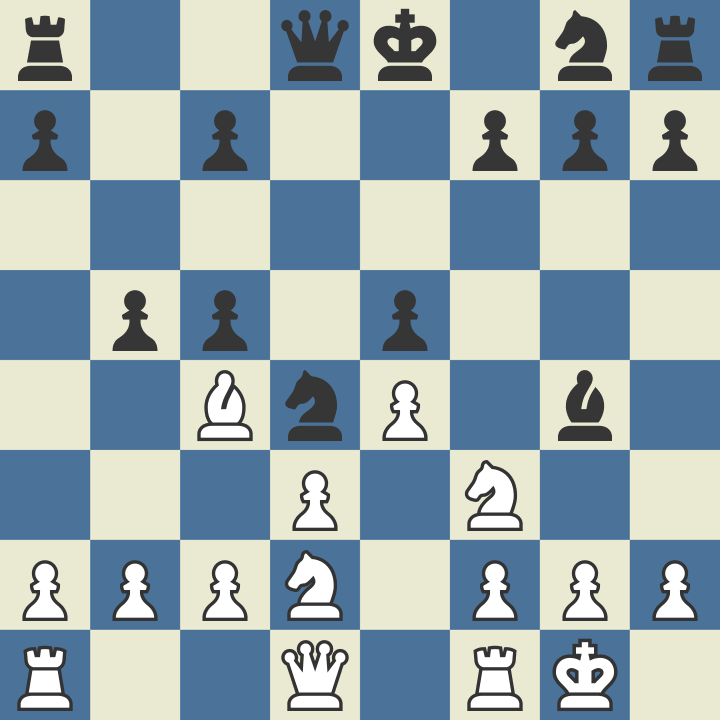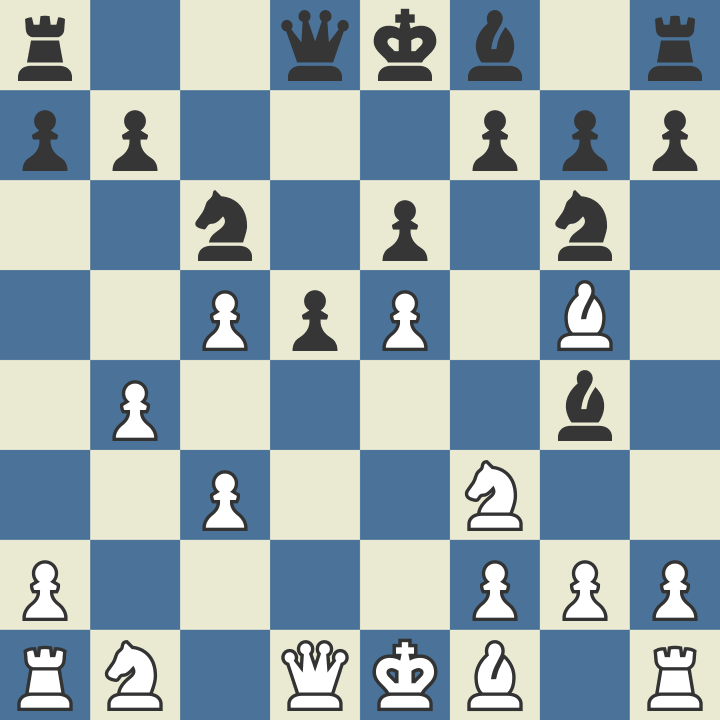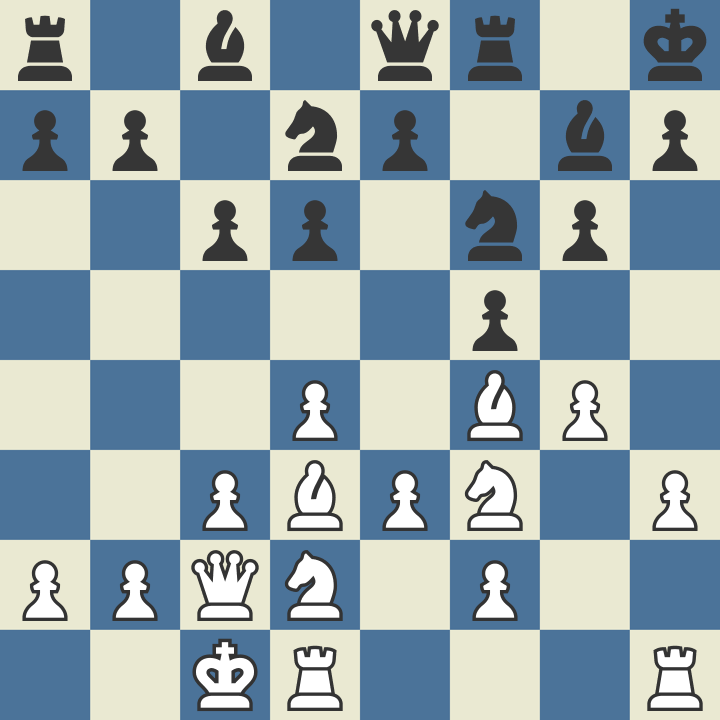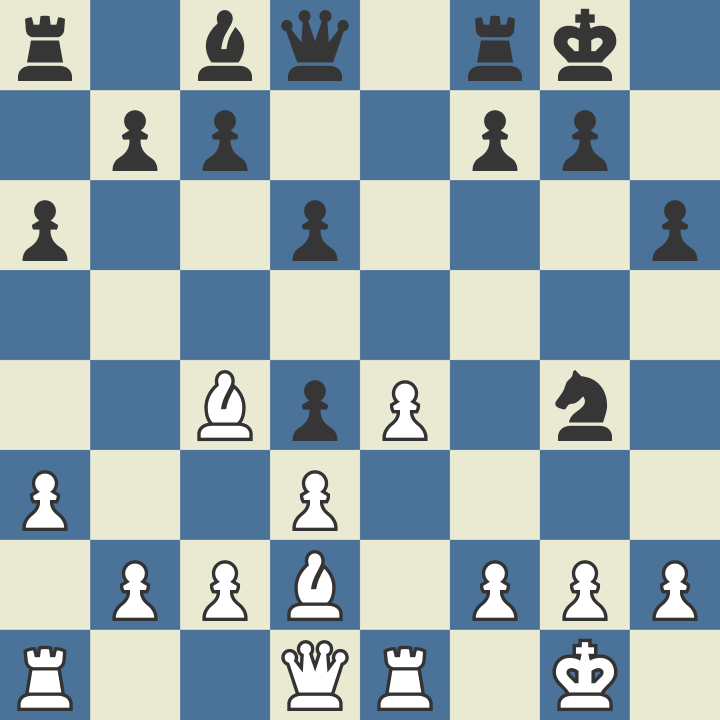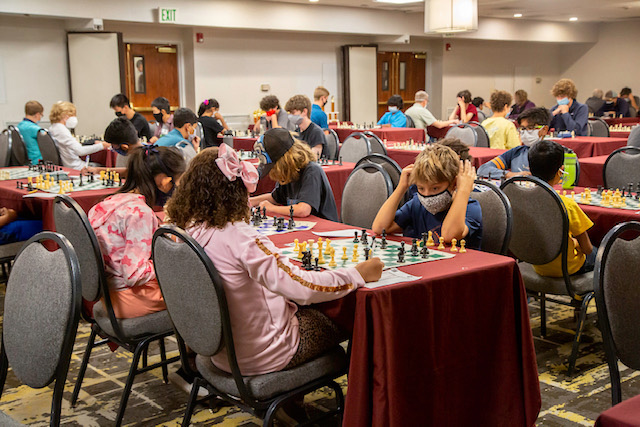Chess Master Secrets
Introduction
Chess is a lot like life. The rules are simple and easy to learn, but mastering them is another matter entirely! It takes time, effort, and perseverance to master the game of chess. You have to practice new ideas over and over again until they become second nature. You have to visualize where each individual piece may go so you can anticipate how a particular move will affect your overall strategy. You need focus in order to see patterns in the position on the board—and then break from those patterns when new opportunities present themselves so that you can create future opportunities for yourself!
Learn new ideas
Learning new ideas is one of the easiest things to do in chess. You can learn new ideas by reading books, watching videos, or playing games against stronger players. To get the most out of learning from other people’s ideas, ask them to explain their reasoning carefully so that you can understand the logic behind their thinking. You should also try to play against people who are better than you so that you have no choice but to improve your own game!
Practice the ideas
The more you practice the ideas, the better you’ll become. You’ll learn to play games with a plan and execute moves that help achieve your goal. And then you can use your knowledge in future games, which will lead to more wins, which leads to even better plays…and on it goes!
You can’t become good at chess without practice. In fact, there are probably people out there who think they’re good at chess because they’ve never had an opportunity to play against someone who knows what they’re doing—or worse yet, someone who has been playing for years and years (because let’s face it: those guys are usually pretty good). So if you want to be good at this game (and by “good” I mean “beat all comers in online chess tournaments while gaining worldwide recognition”), then there’s only one thing left for me to say: go practice some more!
Focus on patterns in the position
If you’re reading this, then it’s likely that you’ve already noticed some patterns in the chess positions. These patterns are easy to spot, but hard to remember. It’s a bit of a paradox: if you’re able to notice them, then they must be obvious enough for even me to see; but if I can see them, why can’t I remember them?
Fortunately, there is a simple solution: write down your observations and keep track of your mistakes! This will enable you to quickly review those positions again and make sure that they stick in your memory. Don’t worry about forgetting—there are lots of studies out there showing how consistently writing things down helps improve memory retention by as much as 500% compared with studying without writing anything down (source).
Try to see the big picture
You might not be able to see what the next move is, but you should be able to see how it fits into the overall picture. Or maybe you can’t see how all of these pieces will fit together at the end, but if you have a few minutes, think about what kinds of things could happen if they did.
Visualize where pieces may go
Visualizing the position is a powerful way to gain insight into your opponent’s plans. The more you visualize, the more you’ll know what they are doing and how they will react when you make a move. Visualize where pieces may go and why they might move there.
Visualize the opening. Visualize what your opponent could do in response to certain moves, then visualize how he or she might respond to your counter-moves and back again until you have a full picture of the opening sequence that could play out between you two.
Visualize the middle game . The middle game is when most games are won or lost, so this stage is worth paying special attention to! If you can successfully predict which tactical setups will arise from each possible development, it’ll give you an advantage when playing against strong opponents who rely on tactics themselves (and vice versa).
Take a risk and break from long-established plans and ideas to create opportunities for new ones.
When you find yourself in a situation where the game is going against you, take a risk and break from long-established plans and ideas to create opportunities for new ones. This doesn’t mean that you should abandon your strategy completely, but rather that if you have been playing defensively for a while, it is time to attack. If your opponent has been applying pressure on one side of the board and has neglected the other, then it’s time for them to pay for their negligence.
In chess there are few absolute rules except that which says: “Do not think outside of the box.” Being creative requires stepping outside of what’s familiar—and even more importantly—doing so purposefully. Don’t let yourself get stuck in one style over and over again; try something new every once in awhile!
Choose an opening that you enjoy playing and suits your style.
One of the most common mistakes in chess is to play an opening that’s too complicated. If you’re relatively new to the game, it’s best to start with an opening that’s easy for you to remember and understand.
- Choose a style that suits your playing style: Do you prefer aggressive or passive strategies? Do you like complex positions that require careful calculations and planning or would rather rely on intuition and quick reflexes? Your choice of openings should take into account which sort of player are you—and if possible, find one where both players will enjoy themselves!
- Choose an opening that suits your style: When choosing an opening, choose one that fits with how much time and effort (or lack thereof) it takes for someone who plays a certain way. If they’re very short games with little strategy involved but lots of tactics then maybe something like King’s Gambit wouldn’t suit them so well because even though it has been proven over centuries as being effective against weaker opposition because there isn’t much strategic thinking required there won’t be any room left for creativity at all–everything has been predetermined beforehand so no chance exists for improvisation from either player–but still this could work well against stronger opponents who don’t mind using time inefficiently
The ideas are easy to learn, but require lots of practice and visualization to master!
The ideas are easy to learn, but require lots of practice and visualization to master!
The goal of this book is to provide you with a set of basic principles that will allow you to improve your chess game. As we’ll see shortly, these principles are generally easier than the ones taught in other books on the topic. You’ll be able to implement them right away, giving your game an immediate boost. The challenge lies in taking what you’ve learned and making it part of your long-term habit set. This process takes time and effort—at least six months for most people—but if you stick with it, then I think that you’ll find yourself enjoying better results than ever before!
Conclusion
Hopefully, this blog post has given you a glimpse into the mindset of a chess master. If you’re interested in learning more about how to play chess, there are many resources available online that can help you get started! Happy chessing!

